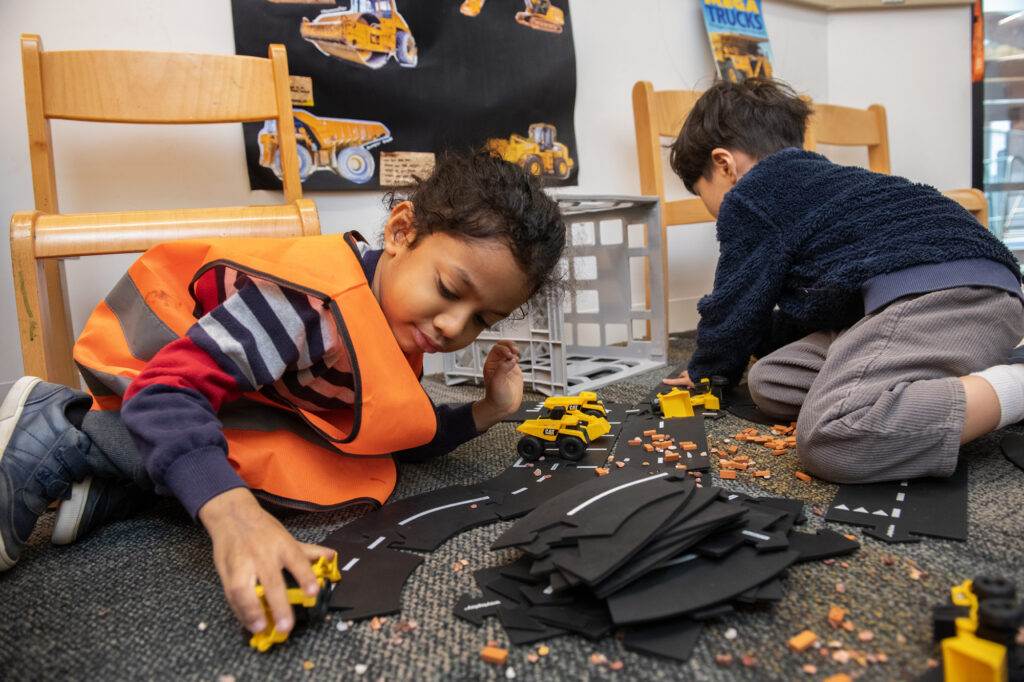Building strong relationships with families is an important process in ensuring the child receives the best possible support they need.
An essential part of being an early years educator is recognising that this relationship often starts before the first interaction with a family. It could be through a previous connection to the service, relationships with others that have attended the service, tours, community connections or the overall engagement of the enrolment and orientation process.
Whether you are an experienced educator meeting a new family for the first time, or a new educator starting your career, it’s important to begin building those meaningful connections with families early on. We spoke with families at Gowrie Carlton North who shared their tips on how educators can build strong relationships with them.
1. Introduce yourself
“Introduce themselves to you. Introduce themselves to the child in the first instance and perhaps just be patient and repeat that practice a little bit, just because there can be lots of different faces in the rooms and the mornings can be fast paced for everybody. So, I think just that gentle repetition of introduction initially is good. And I think probably sharing something that they did with our child in the day or something that they observed. That’s a nice way to form a relationship, too” – Sophie
2. Be yourself
“Families are more scared of you than you are of them. And we’re just humans. Families are just humans that want connection. Often at times a little hello goes a long way and knowing our names goes a long way.” – Liz
 3. Take an interest in what excites the child
3. Take an interest in what excites the child
“Obviously, every family’s different and every child’s different. So, find out what’s important to that child and you’ll be able to start a conversation with the family that creates that connection because you’ll be bringing in a topic that the family can really happily talk about easily and it connects really deeply to the child. And it will also show that you’re taking an active interest in their child and by displaying that you know about their child’s specific interests. I’d say that’s a pretty big tip.” – Bonnie
4. Be confident in yourself
“You’re the expert in a lot of these ways and parents don’t know. So, I think a bit of confidence goes a long way on that, you know, from that front as well.” – Ryan
5. Keep families informed of what’s happening in the programs
“The educators have always helped to foster that inclusivity between me and Harper with the program by talking about her day, letting me know some of the fun things she’s been doing in terms of activities, but also some really positive expressions that Harper’s had about herself and of the environment. They’re always careful to tell me what’s been going on, which is really nice, and that helps create that closeness between me and the educators and also an understanding of my child’s environment.” – Bonnie
How else can educators build meaningful relationships with families?
- Value each other’s knowledge of each child
- Value each other’s roles in each child’s life
- Trust each other
- Communicate freely and respectfully with each other
- Share insights and perspectives about each child and engage in shared decision making.
Relationships with families are not only beneficial for the child’s development but also create a collaborative and supportive environment for the entire community involved in the child’s education.
Effective communication builds trust and transparency, enabling educators to gain valuable insights into a child’s unique needs and strengths. It also empowers families to actively participate in their child’s education, fostering a sense of involvement and ownership.
When educators and families work together, they can address challenges more effectively and provide consistent support, which ultimately leads to improved learning outcomes for children.